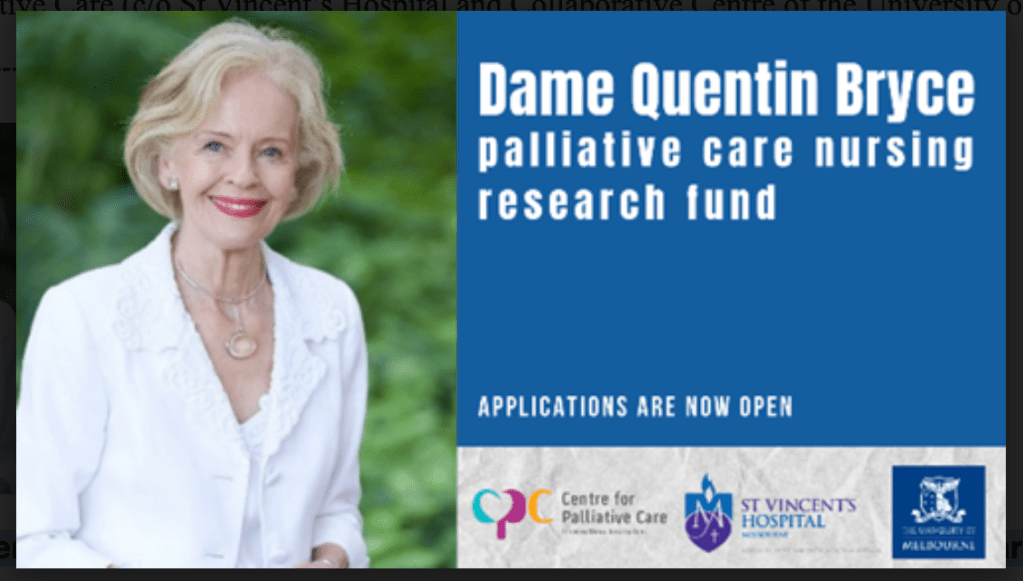Not the traditional festive season article perhaps, but this review article by Dr Blinderman and the late Dr Billings provides a good summary in a very reputable and widely read journal concerning end of life care in hospitals in the United States.
Is end of life care in hospital in the US different?
The article reports that 29% of deaths take place in hospitals in America, a bit lower than I would have expected. In Australia, 54% die in hospital but this includes inpatient palliative care deaths which are excluded from the US figure of 29%.
According to AIHW, 42% of the Australians who died in hospital had some involvement from palliative care (42% of 54% in hospital deaths is 23%) About a third of patients who died as an admitted patient in hospital (a third of 54% is about 15%) died in inpatient palliative care. That still leaves us behind the US, with around 36% dying in a non palliative inpatient Australian hospital bed compared to 29% in the USA.
Interestingly the NEJM article does not refer to subcutaneous medications which are the mainstay of terminal care medication administration in Australia, New Zealand and the UK. Do US practitioners use less SC medication?
Personally I don’t find that cough and nausea are so troubling at the end of life, and we would promote meticulous mouth care for dry mouth ahead of pharmacological management.
The article also advises us to avoid benzodiazepines for delirium including at the end of life, which I found surprising.
Dear reader, do you have any thoughts? What is end of life care like in hospitals in your neck of the woods?





